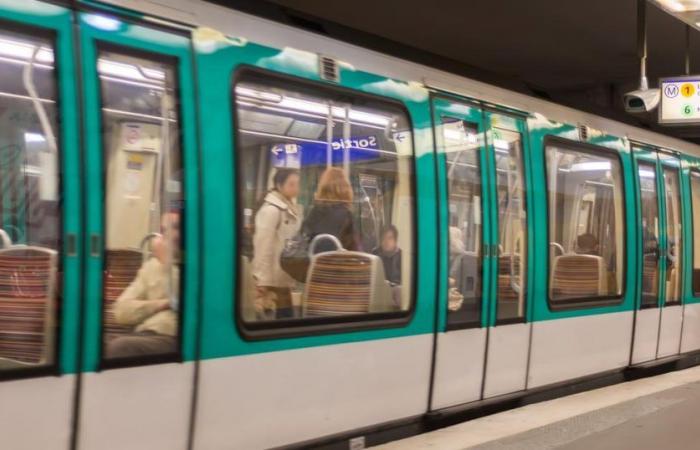
While punctuality and frequency are criticized by users, the most occasional users especially emphasize the lack of a satisfactory subscription to meet their needs.
Some people feel butterflies in their stomachs just thinking about taking the metro, others pray to get to work on time. One thing is certain: in Île-de-France, taking public transport remains an unpleasant experience for the majority of users, reveals a survey by the Mobilité collective, created in 2020. The study looks at the perception of travelers, less than thirty days before the launch of the Olympic Games. The collective, created in 2020 and in which stakeholders such as the city of Paris and the RATP participate, surveyed more than 2,500 residents of the Paris region between February 29 and March 10.
The study, relayed by The Parisian looks back at the decline in the quality of service in transport, particularly due to recruitment difficulties and the increase in construction sites. Surprisingly, it is the users who use public transport the least who speak most negatively about it. “They are the only ones who find that public transport is no more practical than the car, that it is not particularly environmentally friendly and who do not find the validation systems easy to use.”underlines the collective. “This deterioration in perception is difficult to catch up on.”recognizes Vincent Pilloy, director of Inov360, the consulting firm coordinating the Mobility collective.
Read also“Stop pushing!”: a look into the daily hell of the worst lines of the Paris metro
Waiting for the Grand Paris Express
Of all the people surveyed, only two factors would encourage them to use public transport more: “an improvement in frequency” and some “punctuality”. In the meantime, residents of the Paris region are adapting their travel plans based on the days when public transport is busiest. 5% of them stay at home when there is a high level of traffic, 13% change their working hours and 14% use another mode of transport, such as the car or bicycle. Conversely, those who use public transport more have done so primarily for economic reasons.
While punctuality and frequency are singled out by users, the most occasional users especially highlight the lack of a satisfactory subscription to meet their needs. Thus, 57% of them are demanding a package more suited to their travel habits. Hopes are still pinned on the arrival of the Grand Paris Express around the capital, considered as “a positive outlook” by 43% of residents of the Paris region. While the line extensions are scheduled to be put into service by 2030, 57% of residents of Greater Paris believe that this network will have a positive impact.
Despite criticism from travellers, 67% of respondents to the study say that proximity to a train station, bus stop, RER or metro remains a determining factor in choosing where to live. “Even if the modes of use are increasingly varied, public transport remains essential, including in the way people project themselves. People need it. They want more of it.”says Vincent Pilloy.





